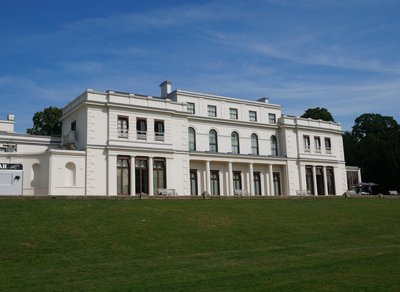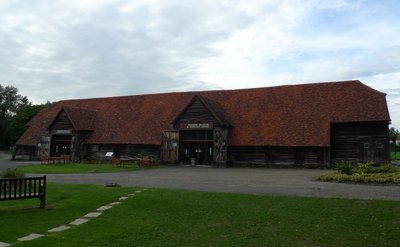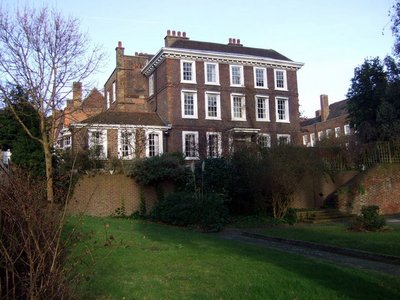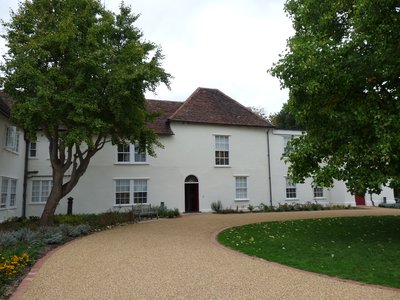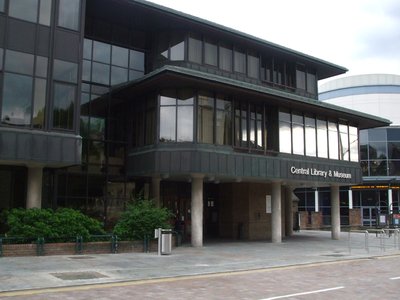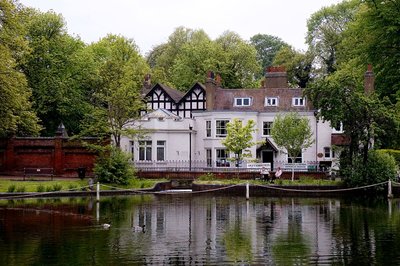Museum of Wimbledon
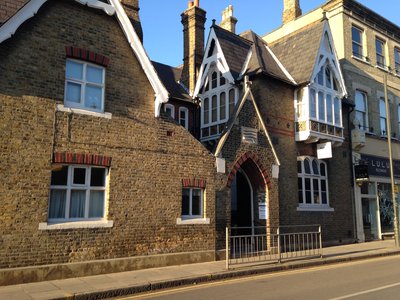
⭐ Highligts
Wimbledon Common & the 1871 Act
Shows how the Wimbledon and Putney Commons Act (1871) created a unique model of public stewardship still in force today.Maps, by-laws and early photographs reveal how common land was legally protected for recreation and natural habitat during Victorian expansion.
📍 Introductory cases and Common section
Caesar’s Camp: Iron Age Wimbledon
Links Wimbledon to pre-Roman Britain via the Iron Age hillfort on the Common’s western ridge.Sherds, tools and reconstruction drawings make a visible bridge between the present heath and a defended settlement on high ground.
📍 Archaeology displays
Manor, Village, Town
Explains the shift from manorial estate to commuter suburb through estate plans, parish records and cottage artefacts.A single parish chest and tithe plan can tell you who owned what, where roads ran and how fields became streets.
📍 Medieval–Georgian wall
Lawn Tennis Begins at Worple Road
Anchors Wimbledon’s global sporting identity to a local address: the first Championships were played at Worple Road (1877) before the move to Church Road (1922).Early rackets, tickets and programmes show a village club event turning into an international tournament—rooted in a neighbourhood.
📍 Sport & leisure section
Opening Hours
🤓 Fun Facts
Wimbledon Common’s Iron Age hillfort, often called Caesar’s Camp, encloses several hectares—its earthworks are among the largest prehistoric remains in Greater London.
The Wimbledon and Putney Commons Act of 1871 established elected Conservators; this community governance structure is still the legal basis for managing the Common today.
The first Wimbledon Championships (1877) were held at Worple Road; the All England Club didn’t relocate to Church Road until 1922.
